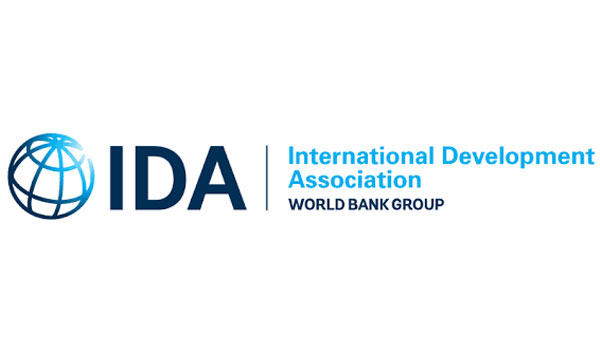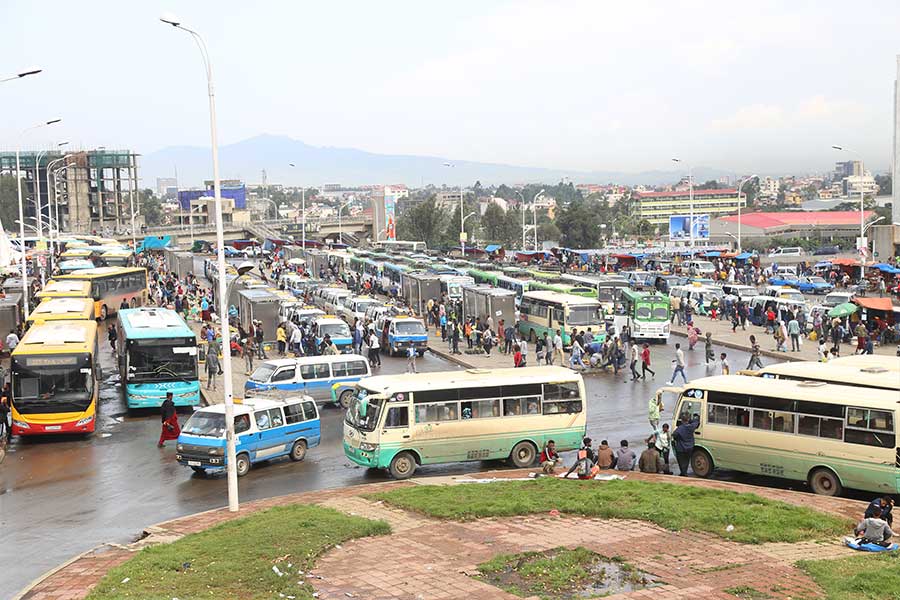
More than a third of the country's private higher education institutions are red-flagged by the Education & Training Authority for failure to renew accreditation.
Officials say around 120 private colleges have failed to renew accreditation for at least one programme on offer, while others have been found enrolling students in unaccredited courses or moving campuses without informing the Authority. Over 110,000 students are enrolled at the 329 private higher education institutions, while over eight times as many attend public universities.
Under Andualem Admassie's (PhD) administration, the office formerly known as the Higher Education Relevance & Quality Agency is a federal agency responsible for supervising private higher education institutions. Andualem had served as the CEO of the Ethio telecom after its major restructuring in the 2000s.
To receive accreditation valid for three years, private higher education institutions must have academic faculties, governing structures, classrooms, and libraries. They must adopt curricula that match standards set by the Ministry of Education. The schools are required to renew permits every five years.
Established in 1998, St. Mary's University is among the country's recognised private higher education institutions. It operates three campuses in Addis Abeba and 13 distance education centres outside the capital with 180 full-time academic staff. It enrols up to 2,000 students annually. Its main campus on Ras Abebe Aregay Street (near Mexico Square) hosts 5,000 students, 36 classrooms, a computer lab and two libraries.
Experts from the Authority recently evaluated the campus. The Authority no longer recognises the computer science and accounting programmes it offers.
“It's our fault,” Tedla Haile, vice president for the registrar at St. Mary’s University, told Fortune. “We're in the process to retrieve accreditation. Given our institutional capacity, I'm sure our accreditation will be renewed soon."
Other notable higher learning institutions such as Admas, Unity and Alfa universities are among the private learning institutions required to renew the accreditation of at least one programme. Penalties for failing to comply include the termination of the programmes or the closure of campuses, according to Tarekegn Gorisu, director of communications at the Authority.
Three years ago, the Authority had closed down Paradise Valley’s campus in Adama for allegedly registering and instructing students in a pharmacy programme without accreditation. Officials also cancelled two of Ethio-Smart College's postgraduate programmes.
Last week, the Authority issued notices to seven private learning institutions for enrolling students without renewing accreditation or moving campuses without notifying its officers. The measure came following investigations on information forwarded from the public, according to Tarekegn.
Yom Postgraduate College was one of the institutions on the receiving end. Officials allege the college changed its campus location in Hawassa, 275Km south of Addis Abeba, last September without notification or receiving accreditation for its new campus.
Tariku Mulugojam, academic dean at Yom, says the move was part of an expansion the college is undertaking.
“However, we didn’t notify the Authority about the change,” he told Fortune.
Established in 2016, Yom offers three postgraduate programmes, including development economics and project planning and management, at Bahir Dar, Hawassa and Addis Abeba campuses. Close to 2,000 students are enrolled with it.
Tariku says the college notified the Authority about the change last week.
Tirusew Teferra (Prof.) has been a lecturer at Addis Abeba University's College of Education & Behavioural Studies. He believes the measures the Authority is taking are necessary to ensure the quality of higher learning. However, the expert notes private education is far from alone in education quality compromised.
“Public universities are beset by low-level quality," he said.
Tirusew recommends the establishment of an independent and autonomous body to resolve the issues.
The advice pertains to close to 600,000 students sitting for national exams in two phases last November and January 2022. Last week, the Ministry of Education announced the cut-off points for university entry. Male candidates in the natural sciences field scoring 363 out of 600 points are eligible to enrol at public universities. Female candidates need to score 351. For social science candidates, the threshold sits at 264 and 254 for males and females, respectively.
The cut-off points are significantly lower for students interested in enrolling at private institutions, at 330 and 250 for natural sciences and social sciences, respectively.
Nearly half of the students that sat for the exams scored above average. Close to 152,000 students are expected to join the 47 public universities when the academic year begins in September.
Like Mussie Teklit, 18, many prefer to enter private colleges instead. Last week, he was at St. Mary's main campus to register for its computer science programme. However, he was unaware of the university's accreditation status. Mussie was surprised when he was told registration was on hold.
"I don't know anything about accreditation status," he said.
The administrators of St. Mary's University have suspended the registration of new students until the programme regains accreditation. The renewal process can take up to six months, according to Tarekegn.
"Students have been reserving places," said Tedla.
Students like Mussie can monitor accreditation status through a digital platform introduced by the Authority in 2019. The schools also use the platform to respond to the Authority's inquiries.
“Students should check whether the institution they are about to enrol in is accredited before registering,” said Tarekegn.
However, some question the efficiency of the digital platform.
Tisegu Enawgaw, founder and chief executive officer (CEO) of Dima Technology College, established a decade ago, says his school faces technical issues. The college offers four undergraduate programmes based in Debre Markos town in the Amhara Regional State. The Authority claims that accreditation for the accounting and finance, and management programmes has expired. Tisegu argues the credentials for the management programme are valid until 2026.
“We've uploaded the accreditation certificate to the Authority’s digital platform,” he said. “But we've yet to receive a response."
Tisegu says the college requested the Authority renew the accreditation for the accounting programme a year ago.
"They haven't visited the campus for an evaluation yet," he said.
PUBLISHED ON
Mar 19,2022 [ VOL
22 , NO
1142]

Radar | Jul 23,2022

Fortune News | Jun 01,2019

Fortune News | Apr 13,2019

Fortune News | Nov 27,2021

Radar | Mar 23,2019

Fortune News | Mar 25,2023

Fortune News | Oct 24,2020

Radar | Jan 31,2021

Radar | Jul 13,2024

Viewpoints | Apr 24,2021

Dec 22 , 2024 . By TIZITA SHEWAFERAW
Charged with transforming colossal state-owned enterprises into modern and competitiv...

Aug 18 , 2024 . By AKSAH ITALO
Although predictable Yonas Zerihun's job in the ride-hailing service is not immune to...

Jul 28 , 2024 . By TIZITA SHEWAFERAW
Unhabitual, perhaps too many, Samuel Gebreyohannes, 38, used to occasionally enjoy a couple of beers at breakfast. However, he recently swit...

Jul 13 , 2024 . By AKSAH ITALO
Investors who rely on tractors, trucks, and field vehicles for commuting, transporting commodities, and f...

Nov 1 , 2025
The National Bank of Ethiopia (NBE) issued a statement two weeks ago that appeared to...

Oct 25 , 2025
The regulatory machinery is on overdrive. In only two years, no fewer than 35 new pro...

Oct 18 , 2025
The political establishment, notably the ruling party and its top brass, has become p...

Oct 11 , 2025
Ladislas Farago, a roving Associated Press (AP) correspondent, arrived in Ethiopia in...